Special feature of 1905 film network The first tour of the drama "Lvdeshui" began in June 2012. After the tour began, the writers of "Lvdeshui" made a seemingly crazy decision, and they would adjust the script of this drama after almost every performance. In 2016, "The Water of the Donkey" was performed more than 100 times, and the script was adjusted more than 100 times. After that, "The Water of the Donkey" was put on the big screen, with its unique drama style, and it was well received.
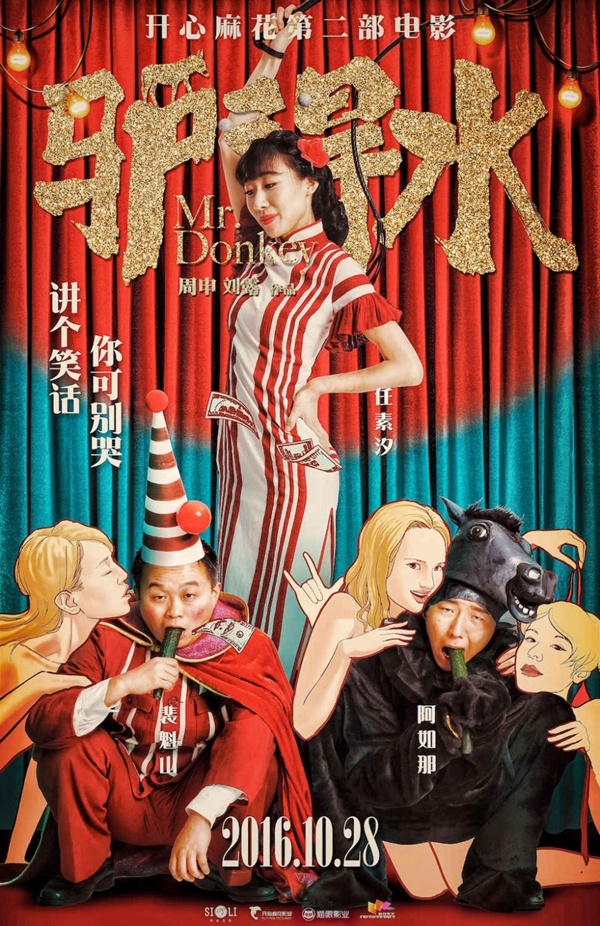
Although comedy is marked in the introduction of the film, the film is a complete tragedy. All real tragedies must have three cores: conflict, resistance to fate and death. It is in this vein that the story of Donkey’s Water unfolds before our eyes.
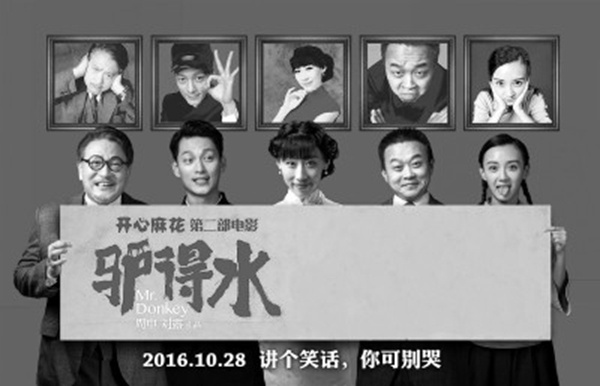
As a drama adapted from a film, "The Water of the Donkey" makes the plot of the whole film so compact that it is almost breathless by using the non-stop conflict. From the beginning of the plot, teachers in remote mountainous areas defrauded funds for "raising donkeys and fetching water", and the core conflict of the film "doing the wrong thing for a good purpose" began to ferment.
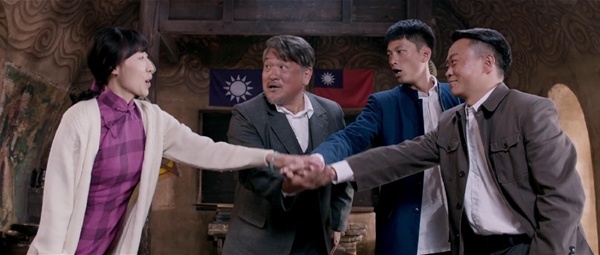
The people gathered at the desk to discuss also have inevitable conflicts in personality setting. Among them, President Liu devoted himself to education, regardless of other rules, and played a "simple and honest person"; Zhou Tienan dared to love and hate, fearless of power, blindly following President Liu who was kind to him, and played a "reckless person"; Zhang Yiman’s simple and kind heart, longing for freedom from the inside out, played a "simple person"; Kuishan Pei was very skeptical, and he was good at seeing the essence from the phenomenon, and played a "rational person". The internal conflict of the four characters can be said to be the root of all subsequent conflicts.
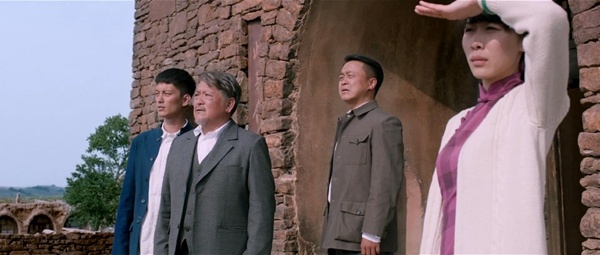
"Rebellion against Fate" begins in the middle of this film. In the background story about the main characters mentioned in the development of the plot, several people are teachers who have been tainted, but they are forced to gather here by reality. Perhaps fate has given people different directions, but people always can’t restrain their desire to resist in their hearts, which is the common commonality of drama characters. In this struggle against fate, the director didn’t mean to comfort the audience at all, and every rebel of fate was defeated.
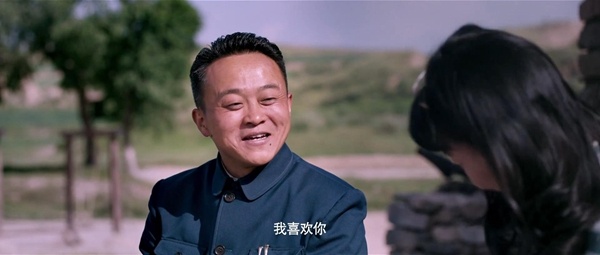
The more rational people yearn for innocence, so Kuishan Pei’s love for Zhang Yiman is doomed. Behind Zhang Yiman’s promiscuity is her deep yearning for freedom, just like her theme song "I want you" and the poster of "Broken Blue Bridge" in her room. The love in Zhang Yiman’s heart can’t hold together. Only in this way can it last forever. When Zhang Yiman gave her life to keep the coppersmith, what Kuishan Pei lost was not the loyalty that Zhang Yiman never promised. Zhang Yiman’s sacrifice at this time was a symbol of her free destruction. The loss of innocence defeated Kuishan Pei’s reason, and he took the lead in despair.
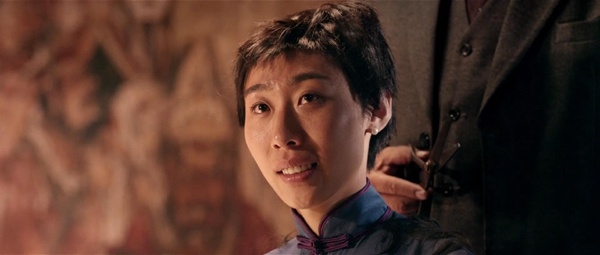
The only thing that can hurt simplicity is simplicity itself. What defeated Zhang Yiman was the coppersmith she tried her best to protect. The inexperienced coppersmith can’t understand the tenderness behind Zhang Yiman’s indifference. He will only instinctively hate from love, and this pure malice makes people shudder. The coppersmith cut off Zhang Yiman’s hair, but for girls who love cheongsam, hair is more important than life. When Zhang Yiman saw his strange self in the mirror again, all the beautiful illusions were shattered, and the simple fell into madness. She is still wearing a school uniform and holding flowers, but her longing for the future has died miserably.
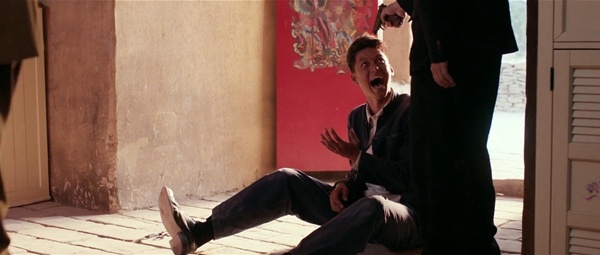
Zhou Tienan’s transformation is the simplest, and the reckless person who advocates force must yield to an opponent who is stronger than himself, such as a bullet that grazes his head. That too late to dodge a gun, the sudden death, all the courage of Zhou Tienan was killed on the spot, and the body that survived by luck was no longer publicized. After that day, Zhou Tienan said, "We can’t fight them. I have to go inside first so that I can get revenge!" This fantasy is not so much another form of resistance as self-consolation.
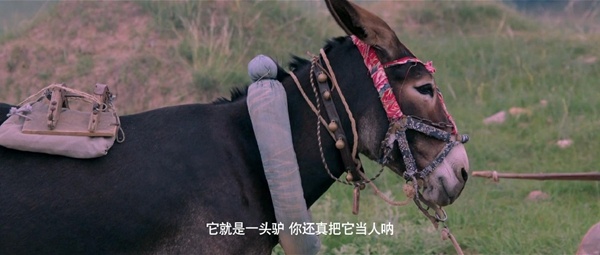
The first official appearance of the "death" element in the film is in the second half of the film. Several people killed the donkey in the courtyard to eat meat. The donkey originally used to fetch water died at a dinner to celebrate the success of deception. This donkey is not just an ordinary animal, it represents the original wish of the characters in the play. At the beginning of the film, all the teachers’ actions are just to save the donkey that draws water, but when they kill the donkey to please the special correspondent, the original simple ideal has been shattered. The death at this time is not only the death of the donkey, but the complete destruction of good motives. This also symbolizes that the characters in the play have deviated from the original purpose and turned to another road.
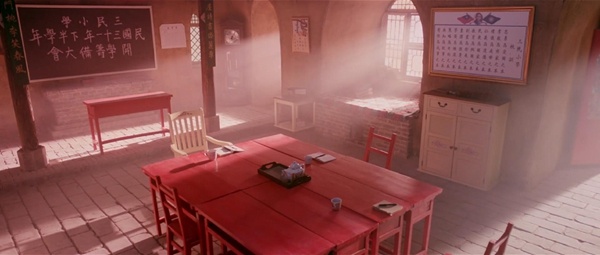
At the end of the film, Jia Jia embarked on a journey to other places, and the teachers of Sanmin Primary School gathered back in the classroom. President Liu said, "The past is the past, and now everything is fine." The film seems to be heading for a happy ending that the audience is familiar with. Although it is a little sad, such an outcome can often comfort the audience’s hearts that are not often tortured. Unfortunately, the director still didn’t mean to comfort the audience. With a gunshot from Zhang Yiman’s dormitory, the director brought an intuitive and profound death into the play at the last moment. The greatest feature of death is irretrievable, and a false and beautiful fantasy is hit with a bloody hole by a gunshot. The theme of this film is finally established: what you do wrong for a good purpose will eventually go astray.
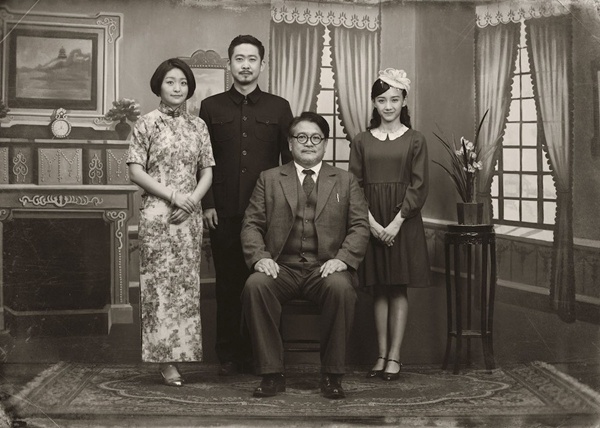
Director Zhou Shen said: "There is nothing perfect in the world, and" Donkey’s Water "is not perfect, but the stage is not an art of regret. We are changing while performing, and we are getting closer to perfection. " Perhaps the director’s inner intransigence is worthy of being boasted as "perfect". In this era of tragic decline, we can’t afford to worry about overcorrection.